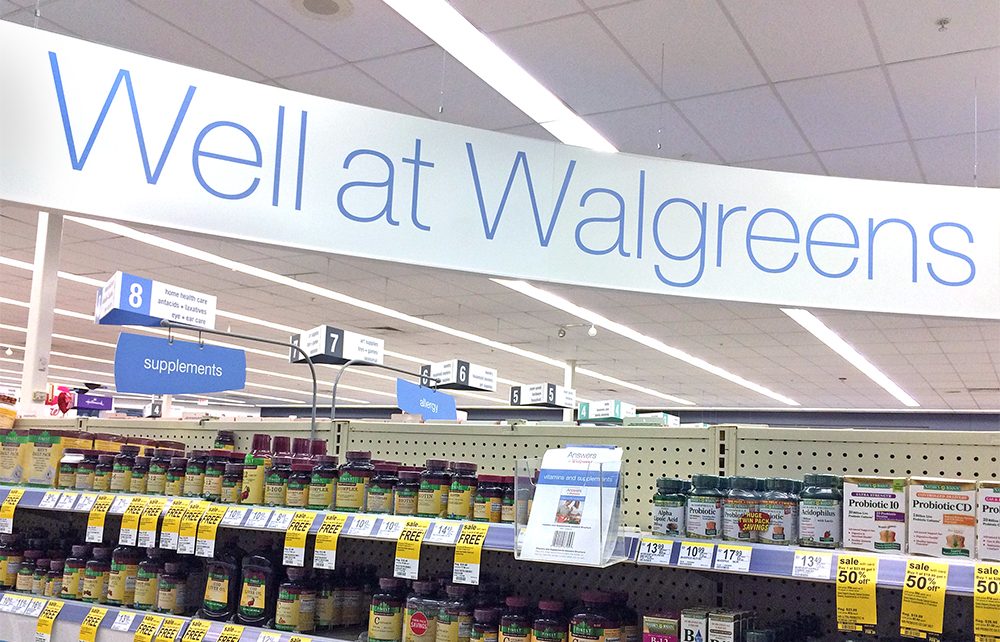
Medicine take-back programs just signed on a big-time player: Walgreens.
The retail giant is installing 500 medicine disposal kiosks in Washington, D.C.and 39 states—including Indiana and Illinois. This is the first major initiative by a large pharmacy chain to provide access to medicine take-back programs within the pharmacies on a national scale.
The IISG pollution prevention team has been working for the past nine years with communities and law enforcement to get unused, expired, and unwanted medication out of homes and the environment safely and responsibly by helping to develop collection programs.
So now that Walgreens is pitching in, IISG is all done, right? Not quite.
IISG pollution prevention team educates communities about the issues involved with pharmaceuticals in the environment and provides assistance on how to set up medicine take-back programs. The locations—more than 50 in 4 states—are listed at Unwantedmeds.org. But even with the addition of the Walgreens kiosks, there are still many areas that don’t have access to disposal sites.
“Each community is different,” said Adrienne Gulley, IISG pollution prevention outreach specialist. “Having medicine take-back boxes available in pharmacies is convenient for customers, but the law enforcement-based programs are still critical where Walgreens is unavailable. The goal is to make it as easy as possible for the consumer to properly dispose of their expired or unwanted medication.”
For the past few years, the pollution prevention team has been working with pharmacists and the veterinary community to help them educate their customers and clients on proper disposal methods. Moving forward, IISG will be working with doctors and nurses to help make them more aware of the impacts of improper medicine disposal on human, animal, and environmental health.
The disposal kiosks at Walgreens will all be available by the end of this year primarily at 24-hour stores.

